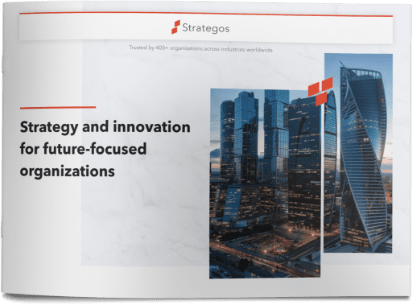Yesterday I attended a performance by famous Dutch drummer Cesar Zuiderwijk from a band called the Golden Earring, known for its international hits Radar Love (1973) and Twilight Zone (1982). Since it was organized by Rhythm Impact, a local drum school, the performance was preceded by a drum clinic where people (many of them kids between 8-15) could ask Cesar questions. In the age of youtube all the kids had closely observed Cesar’s playing style and were able to ask very probing questions why he played some things differently than they had been taught in drumschool. In his entertaining stories Cesar drew many parallels with other disciplines such as sports and quoted the famous example of the Fosbury flop (Dave Fosbury radically changed the way athletes performed the high jump in 1968) to demonstrate it can pay off to question common beliefs (breaking the rules). A result of Cesar’s challenging nature is his ambidextrous drumstyle (whatever he can do with his left hand/foot he can do with his right and vice versa) which is not commonly taught at drum schools. This ability enables him to play different rhythm styles with greater ease and allows for more experimentation in his musical adventures. There’s more detail to it (he also mentioned a different more energy efficient way of drumming by changing the way you play) but the point is he continuously questions common belief to develop his playing style which is a way of thinking that can pay great dividends if you are attuned to it.
What lessons can we learn from this example:
- Questioning common beliefs can lead to making changes or doing things differently that provide much better results
- Identifying analogies from other disciplines (industries) can stimulate thinking that leads to different approaches
At the front end of the innovation process most businesses nowadays include trend analysis and synthesise consumer/customer behaviours into insights that drive their idea generation. Applying the lessons from the example above can lead to developing additional different perspectives on how we do business as a company or as an industry, how we view our markets, customers etc. The good news is that you can train people how to do this systematically. The process can be simply described (although we do use special tools to make it even easier).
- explore how we do business today, what our assumptions are about our customers etc.
- question why we do it in certain ways, these are your orthodoxies or underlying beliefs
- explore which of those orthodoxies are valid, i.e. help the business perform and which do not hold true anymore and could prevent you to evolve
- think about what you would do differently if certain beliefs could be ignored
Questioning beliefs is a way to think about how you can challenge the way an industry operates. Industries operate on many “unwritten” rules that have evolved over time to help them perform more efficiently. Once the rules are commonly accepted the industry “forgets” they are there even though at some point new developments in technology and consumer behaviour indicate the rules have reached their sell by date. The first company to recognise this and develop new value propositions for their customers, new ways to serve them, new ways to compete can be the rule breaker, the company that will be recognised as game changers and reap the rewards.
The starting point is about developing rich insights by applying different tools and approaches and using these to stimulate idea generation at the front end of your innovation process. We would argue that broadening the front end to include orthodoxies (questioning common belief) and analogies (what can we learn from examples that originate in other disciplines or industries) would lead to even richer idea generation and ultimately better results.





